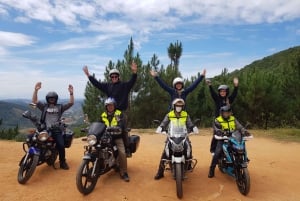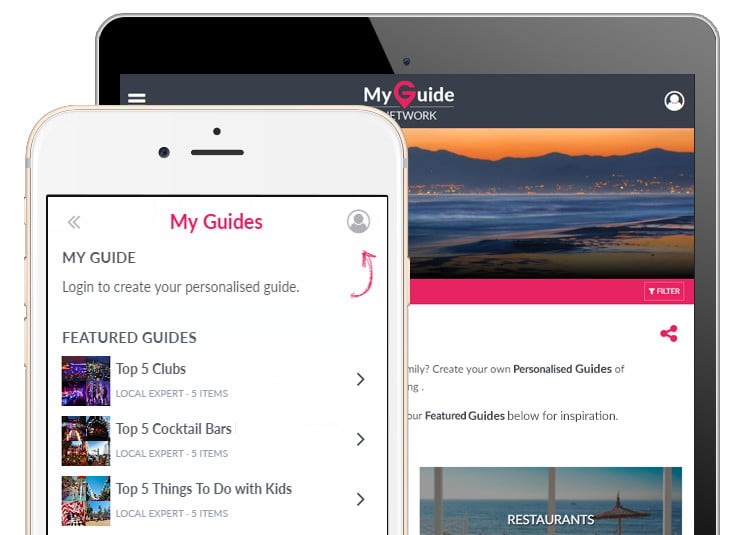Health and Safety Vertical Sliders
Whether for a long stay or a quick visit, you must read the following health and safety information when traveling to Vietnam.
Travel Health Insurance
Travel health insurance is always a good idea. Over the counter medicines and small-level treatment in Vietnam is cheaper than in developed countries, but it is better to be safe than sorry. Accidents can happen.
Tap Water
The tap water in Ho Chi Minh City isn’t safe to drink. In small amounts, such as a single cup of tap water, will probably not make you sick. Regardless, the locals don’t drink it so you shouldn’t either.
It’s not safe to drink due to bacterium and organisms, which means boiling the water makes it OK for consumption. Using it to boil noodles or rice, or make coffee or tea is usually just fine.
For this reason most food places give bottled water rather than courtesy water, but almost anywhere you go you can get free lotus iced tea, which had been boiled or made from clean water. Just ask for “cha da” (trà đá) which is literally “tea ice.”
If you stay in an apartment or share home, there are businesses that can deliver large jugs of clean filtered water at cheap prices. And factory made ice from filtered water is delivered to most restaurants (you’ll see the guys trucking it around town in bags).
Malaria
[Picture of mosquito]
In case you didn’t know, malaria exists in almost any tropical area… and Vietnam is no exception. This disease is contracted via mosquito bite and it can be life threatening. But before you get concerned, know that it is extremely unlikely for you to contract malaria unless you travel out into the countryside or jungle. And the prognosis is good—fewer than 0.6% of expected cases resulted in death in 2010. And most of those poor souls were children in Africa. There is no reason to panic if you think you’ve got it.
You can prepare your body to fight malaria by taking certain antimalarial tablets. You’ll want to talk to your doctor about this, of course. Prevention with these “horse-pills” (… just kidding!) usually needs to start 3 weeks in advance to exposure. You can also use mosquito-fighting techniques of the Shaolin monks, such as mosquito nets and insect repellants.
The symptoms don’t set on right away—it takes at least 8 days and usually more. Muscle tightness, headache, high fever… these are the kinds of symptoms to expect. If you think it’s possible that you’ve got malarial symptoms, head to a hospital. They can diagnose it with a blood test and fix you up with medication.












